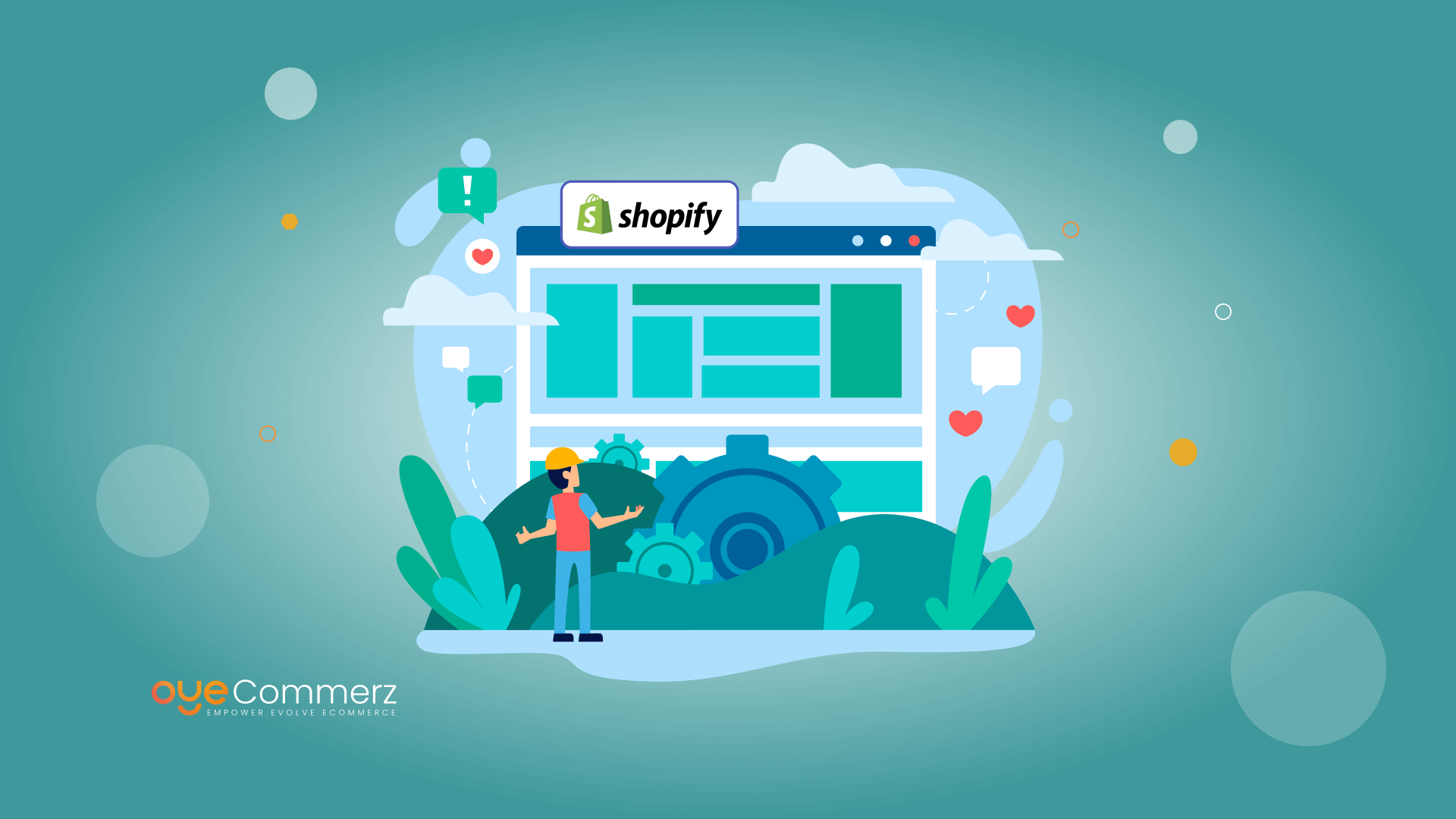Introduction
In the current competitive e-commerce landscape, differentiating is paramount, and a top method to set apart a Shopify store is through tailored app creation. A robust Shopify app can enhance store capabilities, simplify processes, and elevate customer interaction. This guide delves into key aspects of Shopify app development, from API integration to scaling strategies and digital marketing approaches, providing a roadmap for companies seeking unmatched store performance.
The Importance of Shopify API Integration
Shopify’s API provides powerful tools to personalize and expand store capabilities. With the GraphQL and REST API options, developers can access data to build applications that manage inventory control, order processing, and customer data management seamlessly. Using Shopify’s API can lead to better workflow automation and enables stores to serve customers more efficiently.
Adopting the Polaris Design System
Shopify’s Polaris is Shopify's design system for designing user-friendly and accessible Shopify apps. By following Polaris principles, developers ensure that apps seamlessly integrate within the Shopify Admin interface. This provides a cohesive appearance that appeals to Shopify merchants, promoting ease of use and familiarity for merchants utilizing your custom app.
Navigating the Shopify App Ecosystem
The Shopify app ecosystem provides numerous opportunities for enhancing online stores. From managing fulfillment processes to boosting customer interaction, apps in this environment are tailored to meet various business needs. Familiarizing with this system assists developers in finding unique app ideas and enables smooth connections of third-party services that enhance the store.
Building Embedded Shopify Apps
Embedded apps work seamlessly within the Shopify Admin, providing a smooth interface for merchants. They ensure that merchants don’t have to leave their Shopify dashboard, simplifying their process. Using Shopify App Bridge and embedded app capabilities is a best practice Build engaging Shopify experiences for offering a unified, well-integrated user environment.
Using Node.js and React for Shopify Apps
The technologies Node.js and React have emerged as ideal tools for Shopify app development. Node.js enables high-performance back-end services, while React enables dynamic, responsive front-end user interfaces. Combined, they provide an excellent framework for creating speedy, scalable Shopify apps that enhance store functionality and customer interaction.
Utilizing Webhooks in Shopify Development
Webhooks enable instant data updates between Shopify and an external app. They initiate events such as new orders or stock changes and provide immediate alerts to your app. By implementing webhooks, apps can provide up-to-date insights for store owners, simplifying processes and boosting efficiency.
Customer Engagement and Digital Marketing for Shopify Apps
To make a Shopify app successful, connecting with users is key. Utilizing digital marketing strategies like SEO, email marketing, and social media campaigns can increase app usage. Additionally, designing apps with customer engagement in mind (e.g., loyalty programs or personalized suggestions) boosts user retention and loyalty.
Scaling Your Shopify App
As e-commerce stores expand, so do their technological needs. Making sure that your app can scale to handle higher usage, larger databases, and more advanced functionalities is essential. By improving server capacity and implementing scalable solutions, you can create apps that grow in tandem with a store’s success.
Essential Features and Maintenance for Shopify Apps
For an app to be useful, it should offer essential features like user authentication, dashboard analytics, and support channels. Regular app upkeep, with updates to fix bugs and ensuring compatibility with new Shopify functionalities, is important to maintain uninterrupted performance and prevent disruptions to merchant workflows.
Conclusion
Custom Shopify app development offers immense opportunities for e-commerce stores, offering the chance to enhance store functionality, simplify operations, and foster customer loyalty. With API integrations and Node.js to ensuring scalability and customer interaction, building a Shopify app involves Shopify app ecosystem overview careful planning and strategic execution. If you’re ready to unlock your store’s full potential, a custom Shopify app may be the perfect solution. What features do you envision for your dream application? Share your ideas and take the first step toward an enhanced e-commerce experience!
